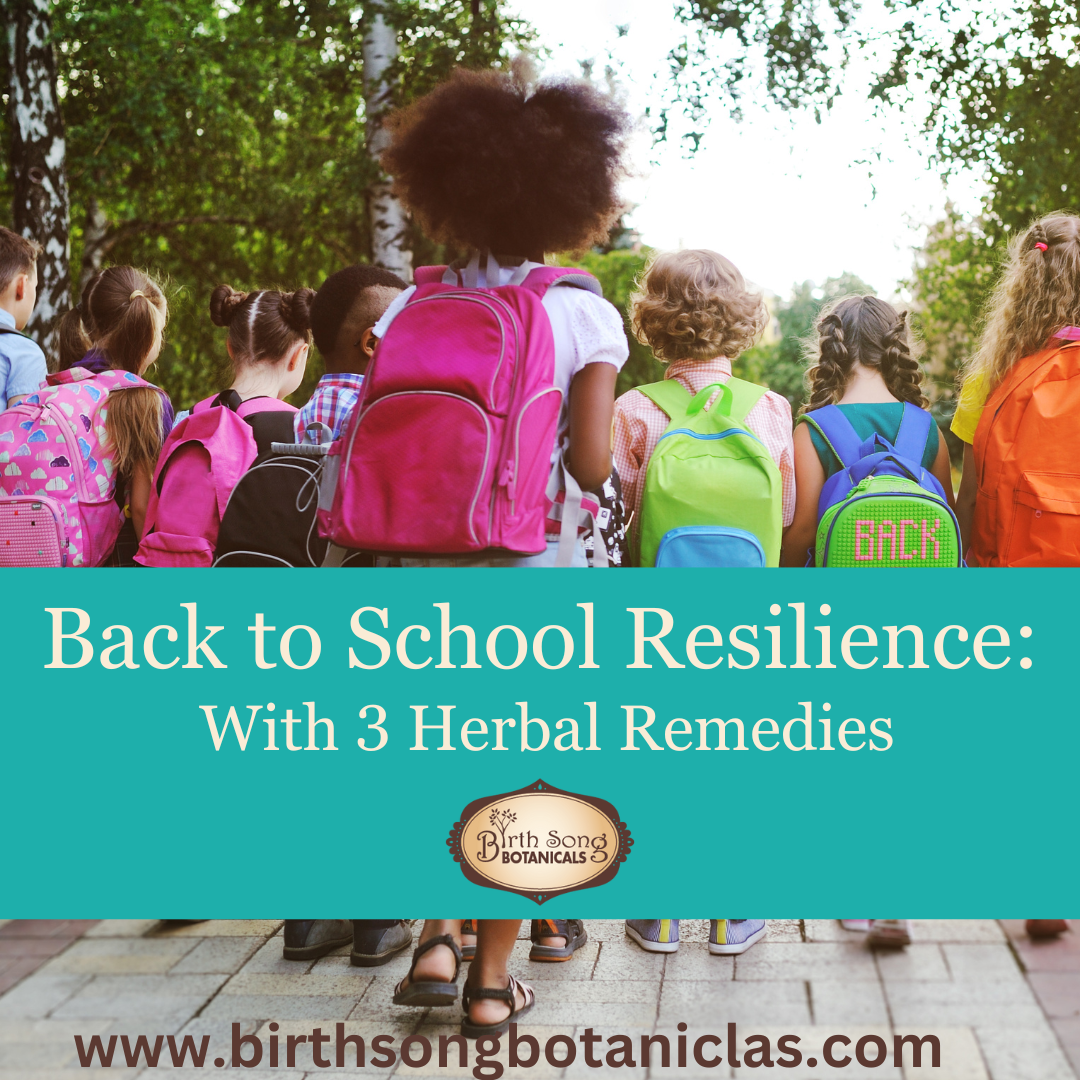RSV From Mild to Severe What You Need to Know

As a parent you can do everything right. You can take great care of yourself and your baby by eating well, washing your hands, breastfeeding, and understanding how sickness spreads. Still, the inevitable will happen. Eventually your baby will get sick.
Watch on Youtube:
Listen On SoundCloud:
RSV (Respiratory Syncytial Virus) pronounced Sin-sish-ul is a common viral infection. It can be mild with cold like symptoms lasting 1-2 weeks, or it may require hospitalization. In fact, RSV is the number 1 reason babies are hospitalized each year. There are outbreaks every fall through spring. The vast majority of babies under 2 years old will get RSV. Fortunately only 2% of babies with RSV will need a high level of care.
RSV presents with fever, coughs, and congestion that can make infants really uncomfortable. Infants are “obligatory nasal breathers” and they cannot clear the mucus from their nose and lungs without assistance. This can lead to shortness of breath, nasal flares, and a croupy cough. It can also become more complex leading to pneumonia, bronchiolitis, earaches, respiratory distress and hospitalization.

It’s important to properly manage RSV because it can become serious in susceptible infants that were born prematurely or with a lung or heart condition. Other high risk populations are babies younger than 10 weeks old and anyone with weakened immune systems and food allergies that cause lots of phlegm.
Since RSV can be mild like a cold and can resolve on it’s own, your doctor may not perform any formal diagnostic tests unless the baby is in a serious condition, or is high risk. Having said that, it is appropriate for mild to moderate RSV symptoms to be cared for at home with natural remedies in collaboration with your pediatrician. Remember to take good notes about your treatment plan. Note the time, remedy, and results to share with your doctor.
Caring For RSV Naturally
- Cool mist humidifier to moisten and soothe the irritated respiratory tract
- Herbal steams, and baths to clear congestion and relax the body
- Nasal saline solution to loosen the mucus
- Nasal aspiration with the bulb syringe or Nose Frida
- Hydrate
- Breastfeed
- Decongestant herbs like Thyme, Hyssop
- Antiviral herbs like Elderberry
- Immune supporting herbs: Echinacea, Oregon Grape Root, and Yarrow
- Give older infants bone broth and electrolytes
- Aromatic chest rub, or massage onion and garlic oil on their chest, back and feet, or make an onion compress for their feet.
- Vitamin D 400 IUs to boost immunity
- Baby probiotics
Breastfeeding Moms
Nursing moms should continue to breastfeed and consider boosting their own immune system. When they consume herbal remedies and drink the herbal teas the therapeutic properties of the herbs will be expressed in the breastmilk along with the other immune enhancing and medicinal qualities of mother’s milk. Breastfeeding moms can also take:
- Vitamin C
- Vitamin D 5,000-6,000 IU
- Probiotics
- Elderberry
- Thyme
- Oregon Grape Root
Other Considerations
When infants have RSV the congestion can be intense and babies don’t know how to clear the mucus other than coughing. Sometimes they cough so hard that they might vomit. To help with this you will want to keep the baby elevated.
- Hold the baby upright while nursing or feeding
- Have the baby sleep in a reclined or more upright position. If you are co-sleeping you prop them up in the crook of your arm while they sleep.

Prevention of RSV
RSV is very a contagious virus. It is typically contagious for 3-8 days and symptoms usually appear 3-5 days after the infection starts. The virus can live on hands for 30 minutes. However, it can live on the surface of things like shopping carts, toys, and door knobs for hours.
As with all illnesses, prevention is foundational! Here are some ways you can keep your family healthy and RSV at bay:
- Good hand washing and hygiene
- Minimize contact with older siblings that have been sick or at preschool
- Have your older kids kiss and touch the babies feet instead of their face
- Don’t share glasses or eating utensils
- Disinfect surfaces like door knobs, faucets, toys etc. with natural cleansers made from essential oils
- Wash bedding
- Avoid crowds (Be respectful of others by not going out if anyone is sick in your family)
- Take Vitamin D
- Take Vitamin C
- Take anti-viral Elderberry
- Avoid sugar, dairy, and environmental irritants like smoke
Children can get RSV multiple times in the same season! On the bright side, usually each the 2nd and 3rd time are more mild and their immune system will be strengthened by it.
When RSV Becomes Serious
Most of the time RSV is mild like a cold, but if the natural methods are not working or you see any of the following seek medical attention:
- Coughing/wheezing that does not stop
- Gasping for breath or rapid breathing
- Sunken chest when breathing (chest retractions)
- Irritability
- Poor appetite/ refusal to feed
- Signs of dehydration: lack of tears, sunken soft spot on top of head
- Lethargy
- Blue color of the mouth, or fingernails
- Cough producing yellow, green or grey mucus
- High fever
Since RSV is so similar to a cold it is hard to diagnose it without proper testing. There is a Rapid RSV Test that only takes 15 minutes for results and is approximately 80%-90% accurate. The test is more reliable for young children than in older children or adults. For best results the test is done 4 days after the symptoms start.
Your care provider will swab either the nose or the throat to collect a sample for testing. The test looks at cells taken from the fluid sample. The test looks for antigens in the cells. An antigen is a substance in the virus that causes our bodies immune systems to make antibodies to protect it’s self. The Rapid RSV Test can also be combined with the Rapid Influenza test at the same time. Other methods of diagnosing RSV will be a chest X-Ray and pulse oximeter readings for oxygen saturation.
If the baby is hospitalized they are usually given a nebulizer to help provide oxygen support. A nebulizer converts a medicine into a fine mist that the baby inhales. They're also given IV fluids, maybe oxygen via a ventilator, they might get sedating medications and anti viral medications. Essentially they are being monitored for oxygen support and hydration.
I hope this article gives you some practical tips for taking care of a baby with RSV. I want to leave you with a few gentle reminders. Remember, the body is wise and it knows how to heal itself. Babies are resilient. Herbs are safe when used properly and your doctor is a phone call away if you need them. We have made several videos, pod casts, and blogs about how to care for young children with coughs, colds, fevers and earaches to help you prevent or effectively manage acute infections with herbs.

🌿 Want More? Check these out! 🌿
Herbs For Kids Ebook and Online Course
Herbal Remedies for Back to School
When to Seek Medical Help if Your Child Is Sick
Natural Oral Rehydration Therapy for Rotavirus and Norovirus
Herbal Earache Remedies- Video Series
RSV From Mild to Severe What You Need to Know
Calming Coughs & Colds With Elderberry & Thyme
Everything You Need To Know About Herbal Baths
4 Herbs that Soothe Teething Symptoms
Children at Birth- Should you have your kids with you when you give birth?
How to Make DIY Elderberry Syrup Your Whole Family Will Love
Elderberry: Herbal Respiratory Support for Cough, Cold, and Flu Symptoms
4 of the Best Immune Boosting Herbal Teas for the Cold and Flu Season
Treat Childhood Fevers with Herbs
How To Treat A Fever With Herbs and Hydrotherapy
What Is A Fever? Is it a Friend or Foe?
When To Seek Medical Attention for a Fever
Three Herbal Remedies to Help You and Your Children Fight a Cold
Guide To Children's Coughs, Colds & Flus
Making a Children's Herbal Travel Kit
The Benefits of Using Herbs for Kids
Soothe an Upset Stomach with Herbs
5 Herbal Cough Remedies For Kids
Stay Healthy As You Travel with Kids This Holiday Season
Earache Relief Oil: What's Behind The Blend?
The Birth Song Botanicals Guide to Thyme
Immune Boosting Herbs for Kids
Everything You Need to Know About Herbal Tinctures
Plantain: Nature's Best Anti-Itch Bug Bite Relief Remedy
How To Treat A Sunburn Naturally
Making Herbal Food with Astragalus Root
The Origin Story of Birth Song Botanicals
Would You Like My Help Choosing the Herbal Remedy Specifically For you?
Remember to:
Like our Birth Song Botanicals Facebook Page
Follow Birth Song Botanicals Co. on Instagram
Read our Birth Song Botanicals Blog
Watch Birth Song Botanicals on Youtube
Listen to Birth Song Botanicals on SoundCloud
Be inspired by Birth Song Botanicals on Pinterest






